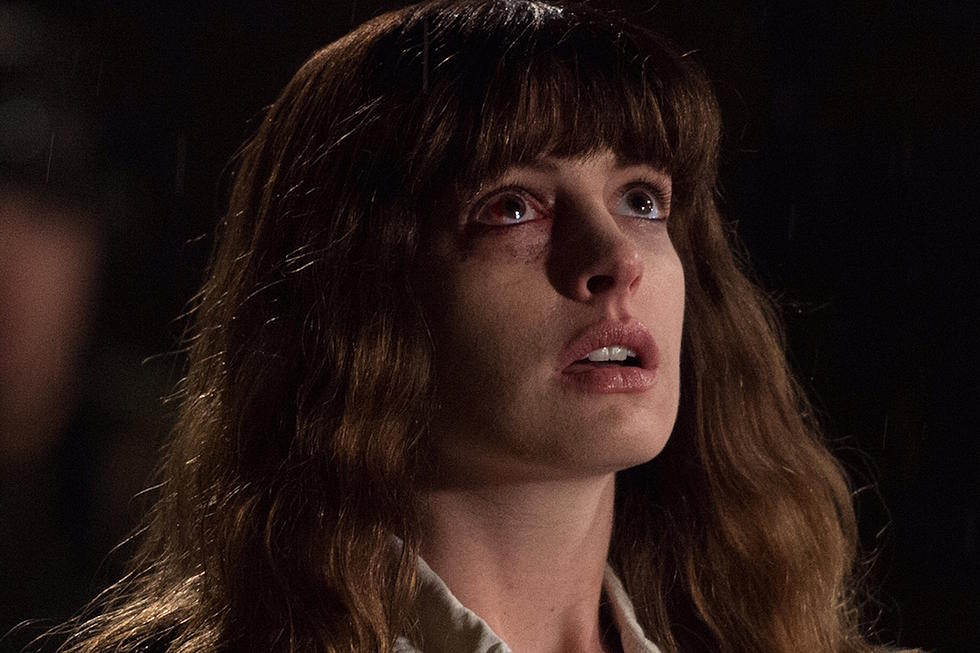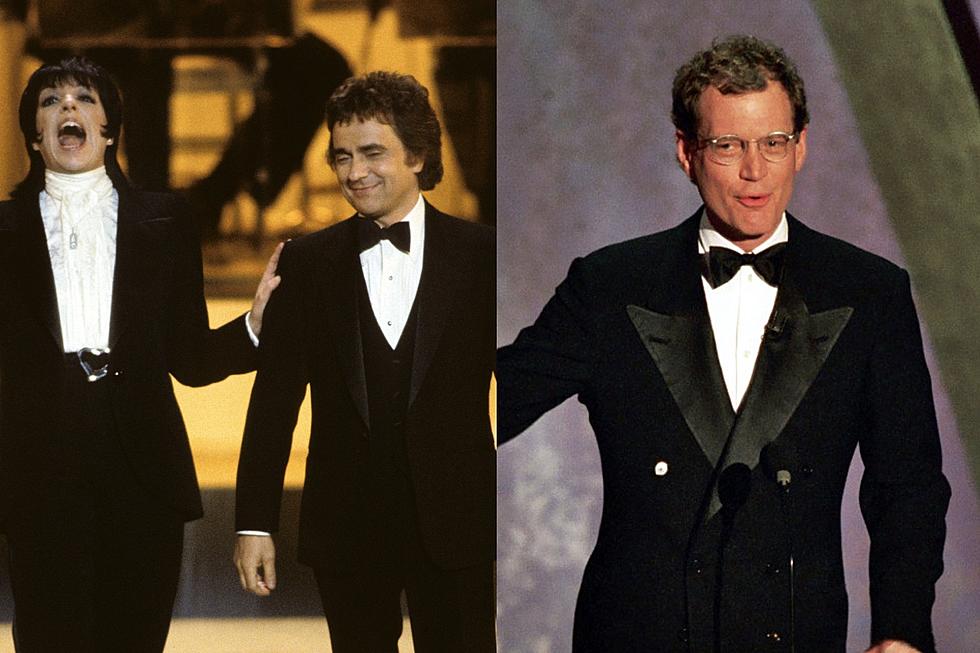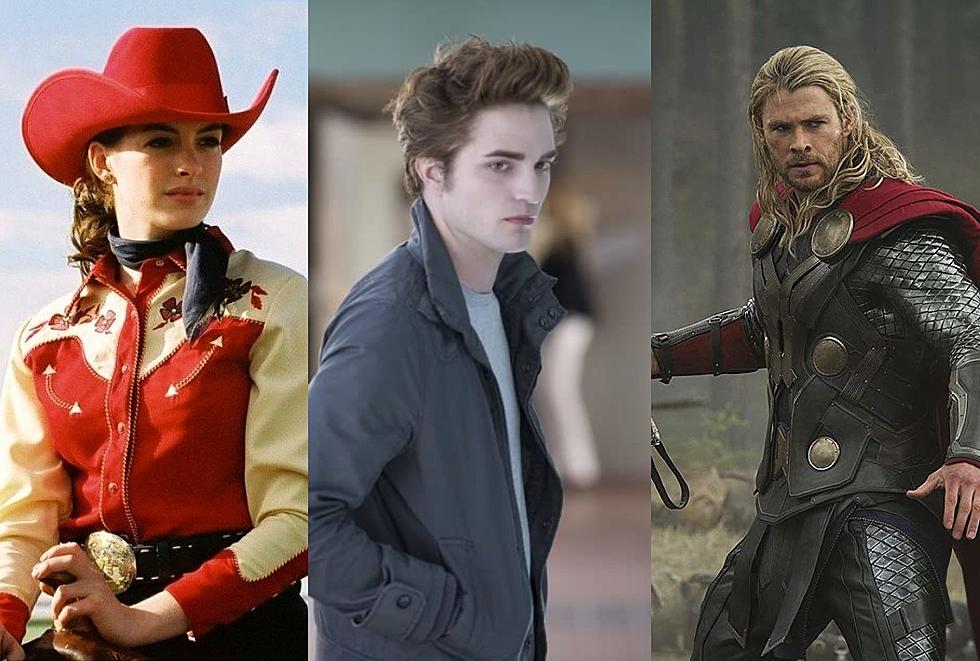
‘Colossal’ Review: A Movie of Big Monsters and Little Pleasures
There’s a rich history of monster movies that use giant rampaging creatures as instruments of allegory as well as destruction. The first King Kong explored humanity’s conflicting urges to admire and destroy the natural world. The original Godzilla reshaped Japan’s trauma from World War II into a terrifying vision of nuclear destruction. Nacho Vigalondo’s Colossal belongs to that tradition; envisioning a monster as an expression of addicts’ uncontrollable inner demons.
The “monster” of Colossal is Gloria (Anne Hathaway), who, as the film begins, gets dumped and evicted by her boyfriend (Dan Stevens). With nowhere else to go, she winds up back in the small town where she grew up, living in her family’s abandoned, empty home. She reconnects with an old classmate from elementary school, Oscar (Jason Sudeikis), who runs the local watering hole. Palling around Oscar ingratiates her to his bar’s regulars (including a amusingly boozy Tim Blake Nelson), and provides her with access to free booze. Whether she wants to admit or not, though, Gloria has a drinking problem, and her new friends may be doing more harm than good.
They’re certainly doing more harm than good to Seoul, Korea. For reasons that aren’t immediately clear, Gloria’s trip home coincidences with the emergence of a giant kaiju in the South Korean capital, which arrives promptly at 8:05 each night to wreak havoc around the town’s waterfront. As Gloria emerges from her drunken stupor she realizes that not only is she connected to this creature, she may actually have the ability to influence it, yet another facet to the movie’s subtext about alcoholism and the loss of control.
But Colossal works far better as subtext than text. As an expression of an abstract concept about depression and substance abuse, the monster that emerges from a woman’s troubled id holds together. As a function of a monster-movie plot, it doesn’t make much sense, particularly after rules emerge about the creature’s behavior. (The contrived connection between Gloria and the monster also raises a ton of questions the movie leaves unanswered. Chief among them: If this monster returns to the same place at the same time each day, why the hell are there always people hanging around that part of Seoul waiting to get squished?)
The main reason to see this movie, beyond the novelty of its ingenious premise, is Hathaway’s performance, which grows in surprising directions as Gloria embarks on her journey of self-discovery and Asian metropolis smashing. The biggest hole in the film is Sudeikis, who fumbles Oscar’s dramatic scenes. In recent years, Sudeikis seems to be trying to prove that he’s more than the smarmy bro he played to such great effect on Saturday Night Live and films like Horrible Bosses. He keeps taking different kinds of roles, and then giving the same kinds of performances. He’s perfectly fine in Colossal’s early scenes, where Oscar wins Gloria over with smirky charm; the Sudeikis standard. Later, when Gloria and Oscar reassess their friendship, he never quite delivers the intensity his part demands.
Early on, Colossal is full of wry humor. At a certain point, the movie takes a darker path, but Vigalondo keeps trying to crack jokes at the same time. The tone gets messy, then the whole third act falls to pieces, like a densely populated area under attack from a 50-foot tall leviathan. This is the sort of film that is more frustrating than bad. Vigalondo had something really special here. He just didn’t quite pull it off.
More From ScreenCrush









